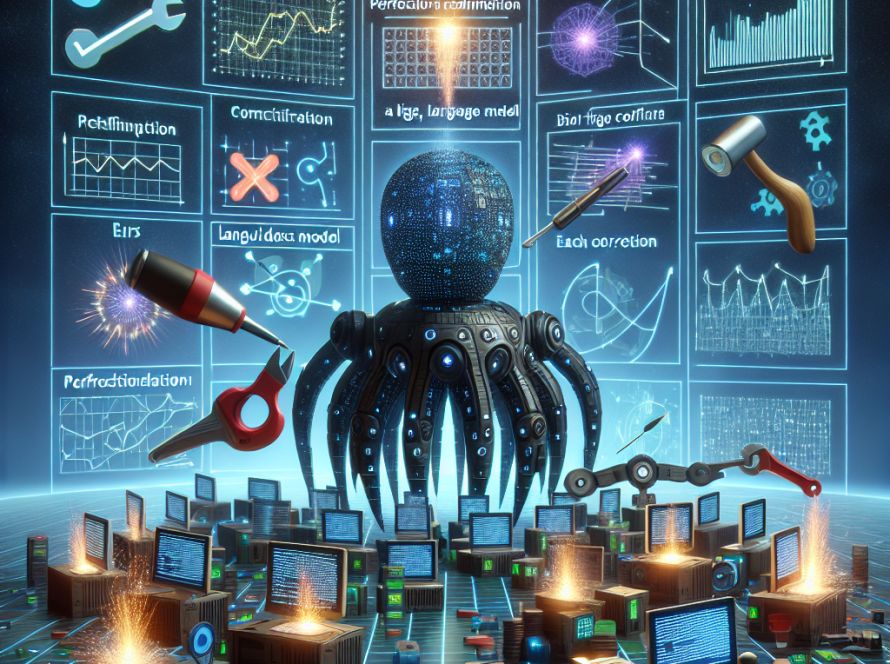On May 13, OpenAI held a Spring Update event, unveiling numerous innovations such as GPT-4o. This was, however, soon followed by Google’s own event, Google I/O ’24, which presented several advances and improvements. Among these, one that drew substantial attention was the introduction of Project Astra, a multi-faceted AI agent aimed to increasingly integrate into the daily lives of users.
Project Astra represents the culmination of years of Google’s progress and work in creating AI models. Built to seem as human as possible, Project Astra facilitates interaction without delay, remembering all it sees and hears. This signifies the dawning of a new era of AI assistants that are more efficient, effective, and seamless in their interaction with humans.
The aim of the project is to build an AI system that can respond to the complex, active world in the same way as a human, interpreting and processing inputs accurately. Although the development of such an advanced system was not easy, Google has proven its commitment to revolutionizing the AI world by continuing to push the boundaries of its Gemini AI models.
Interestingly, the system is not exclusive to smartphones. It can be integrated into different form factors, including Google Glasses. This surprise demonstration added to the intrigue, given it was generally believed that Google Glasses no longer existed. This revelation underscores Google’s quiet but persistent efforts to improve its AI models across a variety of devices, aiming for natural language use and better reasoning, thereby enhancing the user’s experience with a personal AI assistant.
While OpenAI introduced GPT-4o to acclaim during its Spring event, Google’s unveiling of Project Astra has somewhat eclipsed it. Comparisons between the two AIs are inevitable, however, evaluations by professionals will ultimately establish the relative merits of the competing models.
Looking ahead, what is clear is the fast-paced progress in AI technology. OpenAI and Google are both making significant strides, offering increasingly sophisticated models that promise to change how we interact with machines and how they assist us in our daily lives. With the unveiling of innovations like Project Astra, the future of AI looks more exciting than ever, promising not only more efficient tasks but also the enhancement of everyday living through cutting-edge technology.

